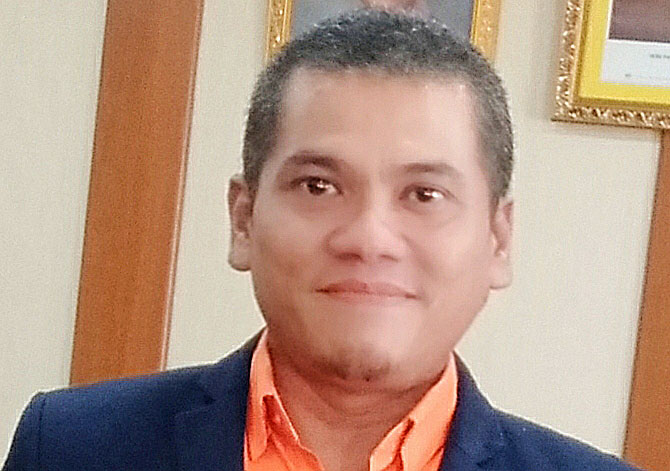Mohamad Johan is President & Founder of the Malaysia HempTech Industrial Research Association (MHIRA), a sustainability-focused NGO. He formed an environmental waste NGO in 2010 and then formed MHIRA in 2015, and since that time has empowered more than 100,000 Malaysian students through a nationwide zero waste campaign. Empowering communities has been his passion since he graduated from a local college in 2006, after which he taught refugees and local students in Malaysia.
HempToday: Which hemp sectors do you think have the potential to develop most quickly in Malaysia?
Mohamad Johan: We have a half-year plan to introduce and kickstart an agriculture initiative based on raw stalk and fiber in four Malaysian states, with potential to produce 100 tons per month. That’s where we see the first possibilities. And soon we will be introducing medical hemp and other end products from hemp.
Meet Mohamad Johan at the the Asian Hemp Summit
FOR EXPRESS TICKET PURCHASE CLICK HERE
HT: What does the investment picture look like in Malaysia? Are there local investors looking into industrial hemp? Is there interest among foreign investors?
MJ: Both local and foreign investors are looking at Borneo and West Malaysia with high interest. Our climate will enable us to produce multiple crops each year. We are still doing research and will be introducing new seeds for a variety of products and industries where hemp fits in.
HT: How would you describe the level of support the Malaysian government provides to the hemp sector?
MJ: The interest is high due to neighboring countries showing actual implementation, but there’s still the necessity to create more awareness and education. We bring the expertise and knowhow to assist our government in such endeavors.
HT: How do the UN’s Sustainable Development Goals (UNSDGs) guide the mission of MHIRA?
MJ: MHIRA has a clear environmental and social vision in identifying and aligning with one or more of the UNSDGs in everything we do. And we’re encouraging community and stakeholders to contribute directly or indirectly to achieving the SDGs. With collaboration and cooperation having been identified as the key ingredients, MHIRA has taken up the vital role of positively influencing corporate and industrial sectors to tackle the root causes of poverty and unite us to make a positive change for both people and planet.
We are leveraging MHIRA’s strengths to galvanize collaboration, particularly with non-traditional stakeholders, encouraging them to incorporate the SDGs into all facets of their operations.
In practice this could see, for example, the introduction of industrial hemp programs to support, enhance and recognize various professionals in the hemp industry. We also see great potential to empower farmers in the context of the SDGs.
HT: What is an example of the kind of R&D MHIRA is engaging in?
MJ: We are looking into land rehabilitation in some areas. Some parts of Borneo especially exhibit high acidity levels. We are working under an agreement with a government owned company to start lab work to study this problem.
HT: Tell us about the nationwide zero waste campaign that you organized.
MJ: After one year of setting up a local NGO in Malaysia, I began a waste management and education campaign known as “Ke Arah Sisa Sifar” or Towards Zero Waste Campaign in 2011. Me and my team of about 10 volunteers started cleaning and picking up trash using our friend’s lorry and managed to collect more than 2 tons of trash along a 5-kilometer stretch of roadside. After eight months we noticed most areas were cleared up by the local contractors and local council – a very positive outcome. After one year, our work was getting attention and support from a foundation, and we started educating 20 schools on proper waste management, recycling and helping students to understand the importance of waste reduction.

